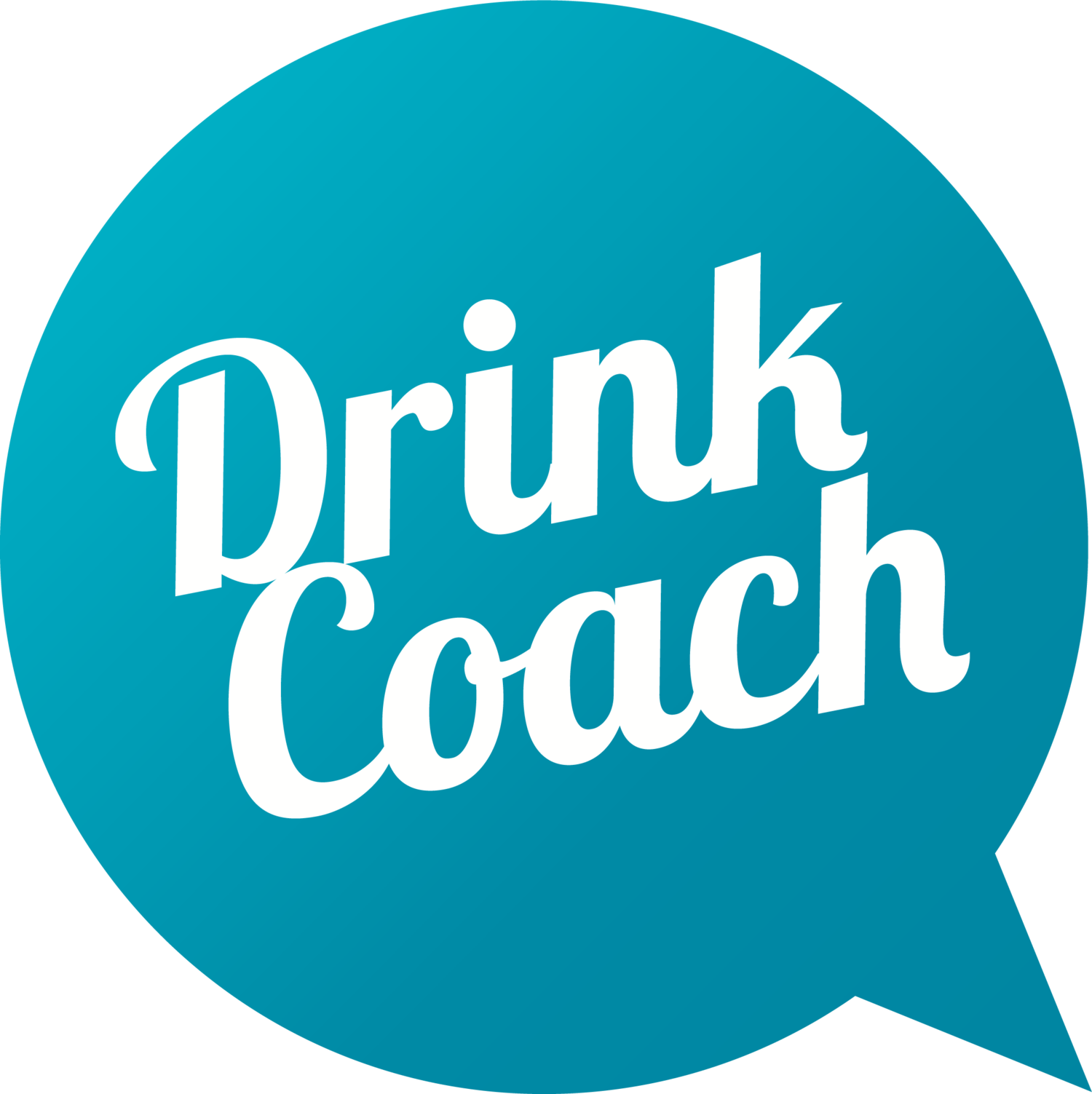Alcohol and your health: the long term effects
ALCOHOL AND DEPRESSION
Alcohol is actually a depressant.
That means it inhibits the function of your central nervous system.
If you’ve forgotten your high school biology, the Central Nervous System (CNS) is made up of your brain and spinal cord. It controls most functions of the body (movement) and mind (thoughts).
Alcohol meddles with the finely tuned chemicals in your body and brain and with regular use can reduce your levels of serotonin – the chemical that helps you regulate mood. It also affects your dopamine levels - which play a major role in the motivational component of reward-motivated behaviour.
This is why most mood stabilising and anti-depressant medication recommend one avoids alcohol.
While a drink can leave us feeling happy and “buzzed” for a short period of time, using alcohol to self-medicate when we feel down or anxious can actually result in our negative feelings becoming worse. Over the longer term that can lead to prolonged periods of low mood or depression.
Chicken or egg? Does alcohol cause depression or is it vice versa?
The relationship between alcohol and depression is complex, so the answer is both. For some people alcohol misuse can trigger depression and for others they may use alcohol to deal with symptoms of depression.
The key thing to remember is that a reduction in alcohol consumption can help stabilise mood and reduce the symptoms of depression. It also makes it easier for a health professional to determine the root of the problem and recommend the right type of treatment.
You can find out more information on alcohol and mental health at the Rethink Mental Illness website.
“Depression and heavy drinking have a mutually reinforcing relationship – meaning that either condition increases a person’s chances of experiencing the other.”












